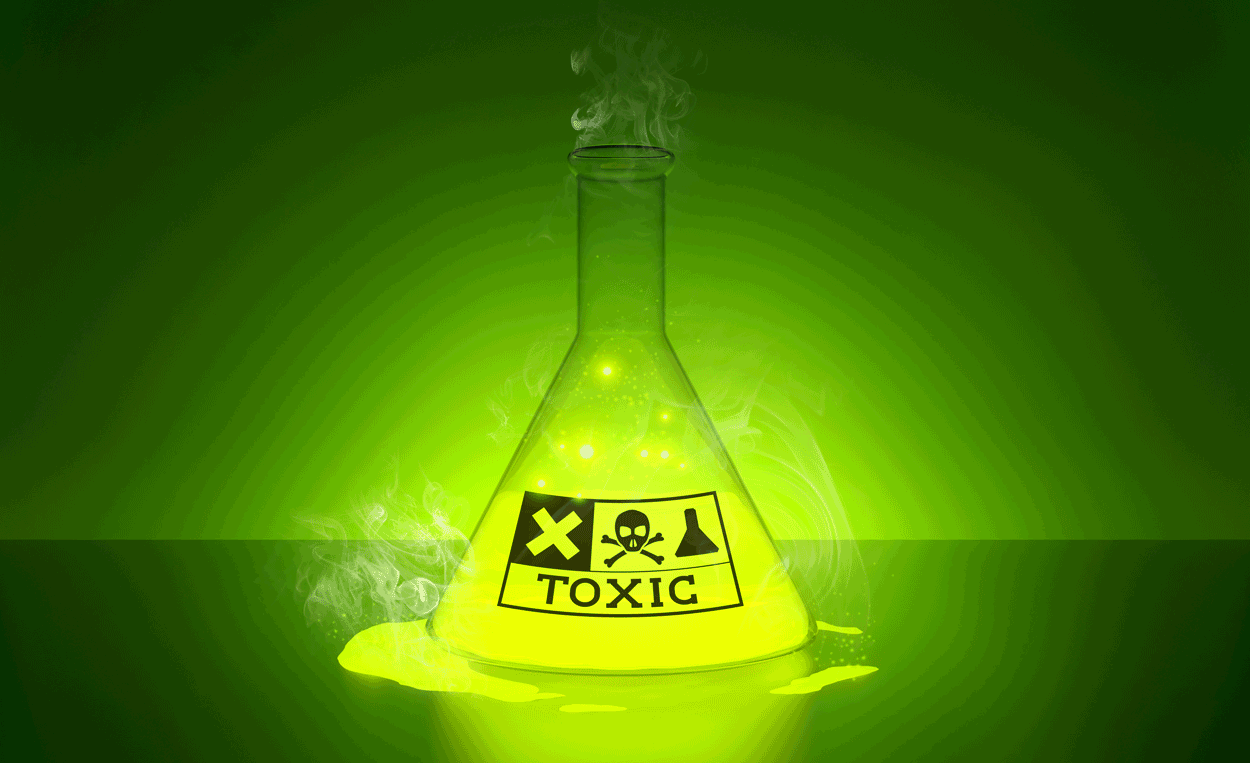When must organizations evaluate and disclose how climate change will affect their operations?
The US Securities and Exchange Commission (SEC) administers reporting requirements for companies listed on national securities exchanges (“listed companies” or “public companies”), under federal securities laws including the Securities Act of 1933 and the Securities Exchange Act of 1934. Some of the SEC’s requirements provide detailed specifications, such as financial reporting consistent with Generally Accepted Accounting Practices (GAAP). Others are less quantified, requiring reporting of information that might be “material” to investors’ evaluation of a public company. Over time, SEC has added topics subject to reporting of material information, and some of these generalized requirements have evolved into more specific ones. In the latest example of this evolution, in March 2022 SEC is proposing regulatory requirements for disclosures about “climate-related risks and metrics” by public companies, enhancing and standardizing existing agency guidance (I’ve written about these several times over the years, most recently HERE). The remainder of this note summarizes SEC’s proposal.
Read More
Tags:
climate change,
Environment,
Climate
In December, the Ontario Court of Appeal reviewed a case involving two disputing factions in a 5-member partnership (Extreme Venture Partners Fund I LP v. Varma).1 The two partners who managed the activities decided that their efforts were being undervalued by the other 3, and responded by starting competing businesses, diverting resources from the original entity, and hiding these activities. The other 3 partners eventually found out and sued them for breaches of their fiduciary duties. The trial court found against the wrongdoers, and on appeal the Court of Appeal actually increased their punishment.
Read More
Tags:
Labour & Employment,
Canada,
Directors Liability,
Ontario Court
Discharges of plastics into the environment are steadily increasing, both in aggregate amounts and in associated environmental and health concerns. The United Nations has estimated that plastic debris accounts for at least 85 percent of total marine waste; an estimated 11 million metric tons of plastic enter the world’s oceans annually, and on current trends this will triple by 2040. In response to these concerns, the state of California is creating laws and regulations intended to reduce plastics discharges in the state. In addition to plastics recycling requirements (the state “bottle bill” and others), California has created a focus on “microplastics.” In February 2022, the California Ocean Protection Council (OPC) adopted a new Statewide Microplastics Strategy (the Strategy); the rest of this note provides general background on California’s approaches to plastics and microplastics, and summarizes the Strategy.
Read More
Tags:
California,
Environment,
plastics,
microplastics
Although the federal Occupational Safety and Health Administration (OSHA) only recommends that employers create comprehensive safety and health programs, California and a handful of other states require employers to do so. (I wrote about OSHA’s latest recommendations HERE). The remainder of this note summarizes California’s Injury and Illness Prevention Program (IIPP) requirements, which are administered by the state’s Division of Occupational Safety and Health (DOSH; known universally as Cal/OSHA).
Read More
Tags:
Health & Safety,
OSHA,
Safety and Health at Work,
workplace safety,
California,
Healthcare
According to the Occupational Safety and Health Administration (OSHA), half a million Americans work in “laboratories.” For more than 30 years, OSHA has administered its “Occupational exposure to hazardous chemicals in laboratories” standard – usually just called the Laboratory Standard – to protect employees “engaged in the laboratory use of hazardous chemicals” (29 CFR 1910.1450). The rest of this note discusses these requirements.
Read More
Tags:
Health & Safety,
OSHA,
Hazard Communication
The Occupational Safety and Health Administration (OSHA) has proposed revisions to its Powered Industrial Trucks Standard – more often referred to as the “Forklift Standard” since those are the most common types (29 CFR section 1910.178 (general industry) and 1926.602 (construction)). OSHA first adopted the standard in 1971, and most recently revised it in 2017. However, as discussed below, OSHA has never updated the Standard’s principal technical standards during more than half a century. The remainder of this note summarizes the existing requirements, and identifies proposed revisions.
Read More
Tags:
Health & Safety,
OSHA
The US Environmental Protection Agency (EPA) continues to expand and refine environmental compliance requirements, including those related to greenhouse gas (GHG) emissions. In particular, facilities and organizations subject to EPA's mandatory GHG emission reporting rules should be preparing to submit reports covering calendar year 2021. The remainder of this note summarizes these requirements.
Read More
Tags:
EPA,
Greenhouse Gas,
ghg,
Environment
The US National Toxicology Program (NTP) has issued its 15th Report on Carcinogens (RoC), adding eight new substances; NTP now identifies 256 chemical, physical, and biological agents; mixtures; and exposure circumstances as “known or reasonably anticipated to cause cancer in humans.” NTP operates within the National Institute of Environmental Health Sciences (NIEHS), which is a unit of the National Institutes of Health (NIH). It was established in 1978 to:
Read More
Tags:
Health & Safety,
NTP,
toxicology
As our world becomes increasingly connected, companies will continue to seize opportunities for expanding their businesses to new geographies. However, many challenges remain when it comes to understanding local regulations, cultural nuances, and legal applicability considerations. To overcome these challenges, EHS leaders need to gain in-depth knowledge and understanding of the regulatory environment and cultural landscape.
For an EHS manager or even a small EHS team, building and maintaining this knowledge can overwhelm your time and resources. This is where utilizing an EHS regulatory register can change the game. Not only can a register help save time, but it can also ensure accurate, up-to-date information all in one place. If your organization is considering an expansion into new territory, a register to understand the organization’s compliance obligations should be the first task for a smooth, successful operation expansion.
Read More
Tags:
EHS,
regulatory registers,
compliance
Although the Occupational Safety and Health Administration (OSHA) has been forced by court action to convert its would-be “emergency temporary standard (ETS)” under which large employers would have been required to protect unvaccinated employees from COVID-19 infections into a proposal (I wrote about the initial ETS HERE), some states can and are moving ahead with similar requirements. Notably, California’s Division of Occupational Safety and Health (DOSH, but universally called Cal/OSHA) recently revised and renewed its own COVID-19 ETSs. The remainder of this note summarizes these standards, which cover five sections of Title 8 of the California Code of Regulations (CCR):
Read More
Tags:
Health & Safety,
OSHA,
Safety and Health at Work,
Covid-19,
workplace safety,
California,
Vaccination,
Healthcare










